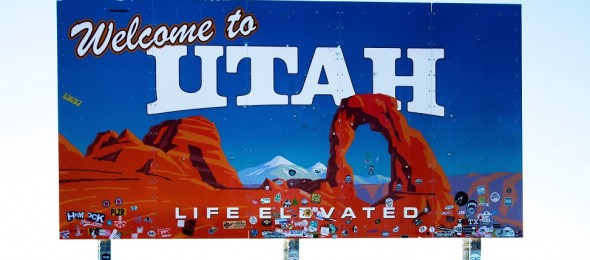In September, the Supreme Court of Utah authorized the West Valley City Justice Court to implement an online dispute resolution (“ODR”) pilot project for small claims cases. The overall goal of the ODR pilot project is to offer individuals the opportunity to resolve their small claims quickly. According to the Utah Courts website, a plaintiff must opt into the ODR program at the time of filing his or her claim and register for the ODR system within seven days after the case is filed in order to participate. If the individual who brings a legal claim fails to register for the ODR system and does not obtain an exemption from the court, the case will be dismissed.
A defendant has up to 14 days after being served with an ODR Summons and Claim to register for the ODR system or seek an exemption. A party may be excused from participating in the ODR pilot project where the court determines he or she lacks the ability to access the ODR system without undue hardship or expense.
In most cases, an online facilitator will be used to assist the ODR participants in resolving their dispute. The Utah Courts website states:
a) The role of the facilitator is to guide the parties through ODR and to assist them in reaching a settlement. To advance these goals, the facilitator may provide information to a party regarding procedure and evaluate the Claim or any defenses.
b) If the parties do not settle the claim, the facilitator must provide the court with a concise description of the issues and as much relevant information as possible.
c) A facilitator will be assigned to the case no later than 7 days after at least 2 parties have registered for an ODR account. The facilitator will inform the parties of the processes to be followed, including the types of communications the parties may use. The facilitator will establish timelines for sharing information and a deadline for attempts to informally resolve the case. Unless the facilitator determines additional time will likely result in a settlement, these efforts at resolution should not exceed 14 days. The facilitator may adjust the timelines at any time during the process.
d) A facilitator may communicate privately with any party at any time for the purposes of facilitating a resolution.
e) The facilitator may request a party provide the facilitator and every other party:
1) information and evidence about the merits of the case;
2) information about the ability to pay;
3) responses to another party’s information; and
4) the party’s position on any proposed resolution of the Claim.
f) All information provided under this paragraph is considered private and will not be disclosed beyond the facilitation phase without the approval of the party providing the information.
If the ODR participants reach an agreement, the facilitator is authorized to “to prepare the on-line settlement agreement form to be executed by the parties.” Despite this, the West Valley City Justice Court “will not enter a judgment on the settlement agreement unless the parties elect to have the court enter a judgment at the time the settlement agreement is entered, or unless the judgment debtor fails to comply with the settlement agreement and the judgment creditor requests entry of a judgment.” In addition, “Settlement agreements that contain performance related terms, such as return of tangible property or performance of a service, will not be enforceable by the court in the event of a breach. In order for the court to enter a judgment on an agreement that contemplates performance, the agreement must provide for a monetary recovery in the event of non-performance.”
The parties may choose to file additional forms with the West Valley City Justice Court in order to proceed to trial in situations where ODR program participants cannot come to an agreement. Small Claims ODR Pilot Project forms are available from the Utah Courts.
Photo by: Jaxon Lott on Unsplash














